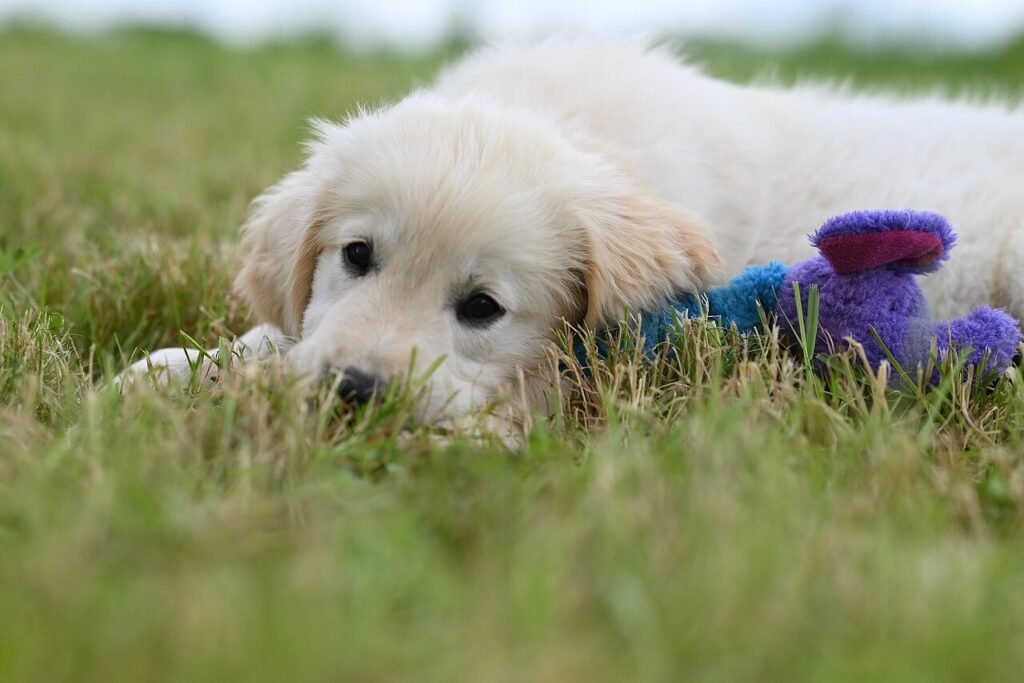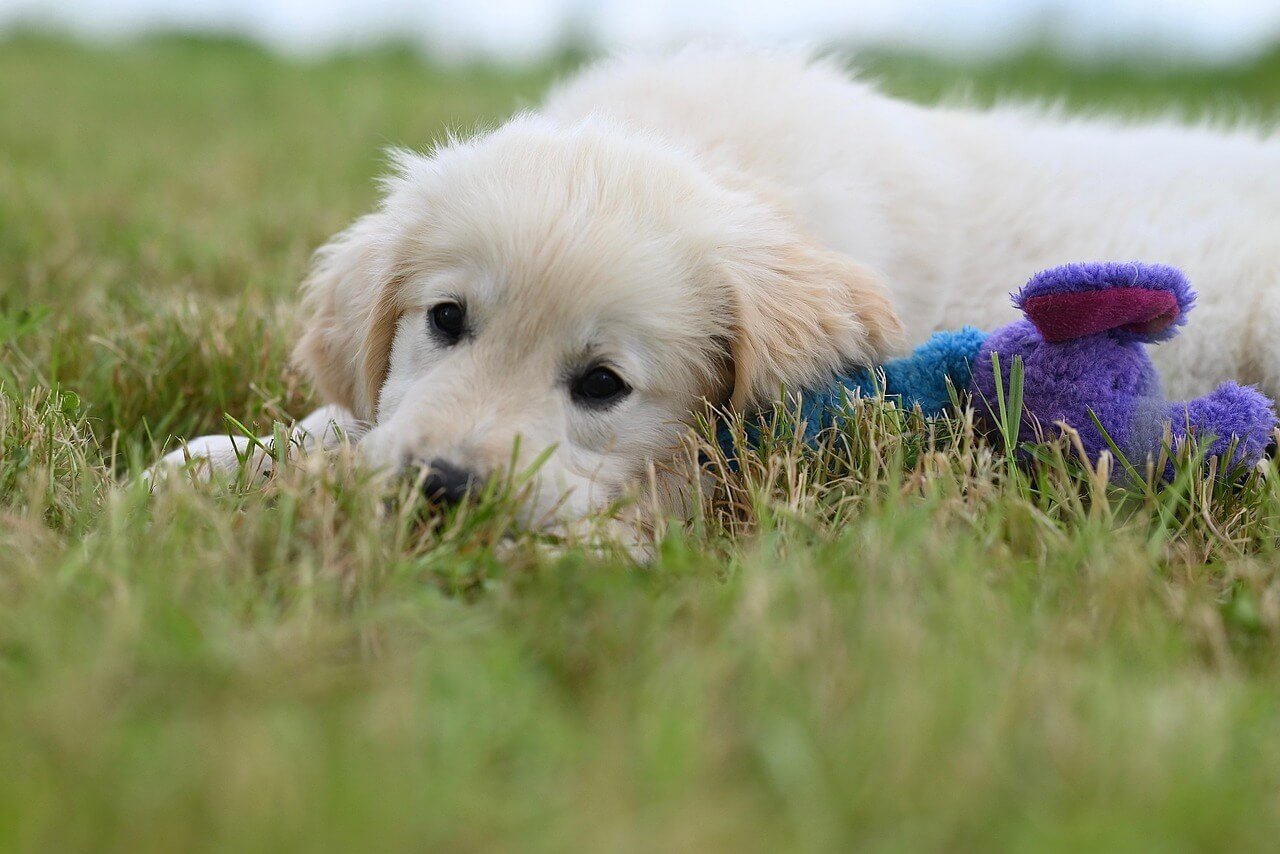The Most Affectionate Dog Breeds: Finding Your Perfect Companion
Dogs are often referred to as “man’s best friend,” and for good reason. They offer unconditional love, loyalty, and companionship that brightens even the darkest days. But if you’re looking for a dog that will shower you with affection, cuddles, and endless devotion, some breeds truly stand out. Whether you’re a first-time dog owner or a seasoned pet parent, understanding which breeds are known for their loving nature can help you find the perfect furry companion. Let’s dive into the world of the most affectionate dog breeds and discover which one might be your ideal match.
Top 5 Most Affectionate Dog Breeds
When it comes to affectionate dogs, certain breeds consistently rank at the top of the list. These pups are known for their loving personalities, making them wonderful additions to any family. Below, we’ve compiled a list of five standout breeds that are sure to melt your heart.
Golden Retriever
Known for their friendly and tolerant nature, Golden Retrievers are the epitome of affection.Labrador Retriever
Labs are outgoing, playful, and thrive on human interaction, making them incredibly loving companions.Cavalier King Charles Spaniel
This small breed is famous for its gentle demeanor and desire to cuddle with its owners.Boxer
Boxers are energetic yet incredibly loyal, often forming strong bonds with their families.Pug
Pugs are playful, charming, and love nothing more than being close to their humans.
In conclusion, these breeds not only excel in affection but also bring unique qualities that make them special. Whether you prefer a large, active dog or a small lapdog, there’s an affectionate breed out there for everyone.
Why Are These Breeds So Affectionate?
The affectionate nature of these breeds isn’t just a coincidence—it’s rooted in their history, temperament, and natural instincts. Understanding why they are so loving can help you appreciate their behavior even more. Here are some key reasons behind their affectionate personalities:
Strong Bonding Instincts
Many affectionate breeds were originally bred to work closely with humans, fostering deep emotional connections.High Social Needs
These dogs crave companionship and thrive when they are part of a loving family environment.Playful Nature
Affectionate breeds often have a playful side, which helps strengthen their bond with their owners.Trainability
Their eagerness to please makes them more likely to engage positively with their humans.Low Aggression Levels
Affectionate breeds tend to be less aggressive, making them more approachable and loving.
In summary, the combination of genetics, training, and socialization plays a significant role in shaping these dogs’ affectionate personalities. Their loving traits make them cherished members of countless households worldwide.
Check this guide 👉Lazy Dog Breeds: Best 7 Expert Tips!
Check this guide 👉Therapy Dog Breeds: Best 7 Expert Tips!
Check this guide 👉Loudest Dog Breeds: Best 7 Expert Tips!

Breed Name | Key Traits |
|---|---|
Golden Retriever | Friendly, intelligent, great with kids |
Labrador Retriever | Energetic, loyal, loves water activities |
Cavalier King Charles Spaniel | Gentle, adaptable, enjoys lounging indoors |
Boxer | Protective, playful, forms tight family bonds |
Pug | Charming, mischievous, thrives on attention |
How to Nurture an Affectionate Relationship with Your Dog
Building a strong bond with your dog takes time and effort, but the rewards are well worth it. Whether you already own one of the most affectionate breeds or are considering adopting one, here are some tips to deepen your connection:
Spend Quality Time Together
Engage in activities like walks, playtime, or simply relaxing together to strengthen your bond.Practice Positive Reinforcement
Rewarding good behavior encourages trust and affection between you and your dog.Provide Physical Affection
Petting, cuddling, and grooming are excellent ways to show your dog love and care.Communicate Clearly
Dogs respond well to consistent commands and body language, which fosters mutual understanding.Ensure Proper Training
Well-trained dogs feel secure and confident, leading to a happier and more affectionate relationship.
By following these steps, you’ll create a nurturing environment where your dog feels safe, loved, and free to express their affectionate nature.
Common Misconceptions About Affectionate Breeds
While affectionate dog breeds are beloved for their loving personalities, there are several misconceptions about them that need clarification. Addressing these myths can help potential owners make informed decisions. Here’s what you should know:
They Don’t Require Exercise
Even affectionate breeds need regular physical activity to stay healthy and happy.All Affectionate Dogs Are Low-Maintenance
Some breeds may require more grooming or training than others despite their loving nature.They Suit Every Lifestyle
Not all affectionate breeds adapt well to apartment living or busy schedules.Affection Equals Obedience
While affectionate dogs are eager to please, they still require proper training and boundaries.They’re Only Good for Families
Many affectionate breeds also thrive in single-person households or with seniors.
Understanding these truths ensures that you choose the right breed for your lifestyle while avoiding common pitfalls.
Health Considerations for Affectionate Breeds
While affectionate dog breeds are known for their loving personalities, they also come with specific health considerations that potential owners should be aware of. Understanding these needs can help you provide the best care possible for your furry friend. Here’s what you need to know:
Golden Retrievers and Joint Issues
This breed is prone to hip dysplasia and arthritis, so maintaining a healthy weight is crucial.Labradors and Obesity Risks
Labs love food and can easily overeat, leading to obesity if not monitored closely.Cavalier King Charles Spaniels and Heart Problems
Many Cavaliers are susceptible to mitral valve disease, requiring regular veterinary check-ups.Boxers and Cancer Risk
Boxers have a higher likelihood of developing certain cancers, so early detection is key.Pugs and Respiratory Challenges
Their flat faces make them prone to breathing difficulties, especially in hot weather.
By staying informed about these health concerns, you can ensure your affectionate dog lives a long, happy life by your side.
Activities That Strengthen Bonds with Affectionate Breeds
Affectionate dogs thrive on interaction and shared experiences with their owners. Engaging in activities together not only strengthens your bond but also keeps your dog mentally and physically stimulated. Here are some fun ideas to try:
Daily Walks and Hikes
Exploring nature together provides exercise and quality bonding time.Fetch and Tug-of-War Games
These classic games tap into your dog’s playful instincts while fostering connection.Training Sessions
Teaching new tricks or commands reinforces trust and communication between you and your dog.Snuggle Time
Simply sitting together and petting your dog can deepen your emotional bond.Dog-Friendly Social Outings
Visiting parks or cafes where dogs are welcome allows your pup to socialize and feel included.
These activities not only bring joy to your dog but also create cherished memories for you both.
Signs Your Dog Is Showing Affection
Dogs express their love in unique ways, and recognizing these signs can help you appreciate just how much your affectionate breed cares for you. Here’s what to look for:
Leaning Against You
This behavior shows your dog feels safe and trusts you completely.Licking Your Face or Hands
Licking is a natural way for dogs to show affection and seek attention.Wagging Their Tail Vigorously
A wagging tail often indicates happiness and excitement to see you.Bringing You Toys
Sharing toys is a sign of trust and an invitation to play together.Following You Around the House
If your dog shadows your every move, it means they enjoy your company and want to stay close.
Understanding these behaviors helps you recognize and reciprocate your dog’s love, strengthening your relationship even further.
Frequently Asked Questions About Affectionate Dog Breeds
What makes a dog breed affectionate?
Affectionate breeds typically exhibit strong bonding instincts, high sociability, and low aggression levels.
Are affectionate dogs good for first-time owners?
Yes, many affectionate breeds are highly trainable and adapt well to new owners.
Do affectionate dogs get along with children?
Most affectionate breeds are patient and gentle, making them great companions for kids.
How much attention do affectionate dogs need?
These dogs thrive on companionship and require daily interaction to feel secure and loved.
Can I keep an affectionate dog in an apartment?
Many affectionate breeds, such as Cavaliers and Pugs, adapt well to smaller spaces with proper exercise.
Finding Your Perfect Match: The Joy of Owning an Affectionate Dog
Choosing a dog is one of the most rewarding decisions you’ll ever make, and opting for an affectionate breed ensures years of love, laughter, and companionship. From the loyal Golden Retriever to the charming Pug, these breeds enrich our lives in countless ways. By understanding their needs and nurturing your bond, you’ll create a lifelong partnership filled with warmth and joy. No matter which breed you choose, remember that every dog deserves love, care, and a forever home.
Do Cats Have Taste Buds? Best 7 Expert Tips! – Discover how cats experience flavors and why their taste is so unique.
Do Dogs Have Taste Buds? Best 7 Expert Tips! – Discover how dogs experience taste, their preferences, and what it means for their diet and health.
Can Cats Taste Sweet? Best 7 Expert Tips! – Discover why cats can’t taste sweetness, how it affects their diet, and tips to keep them healthy and happy.
Can Dogs Taste Sweet? Best 7 Expert Tips! – Discover how dogs perceive sweetness, which foods are safe, and tips to manage their sweet cravings responsibly.





